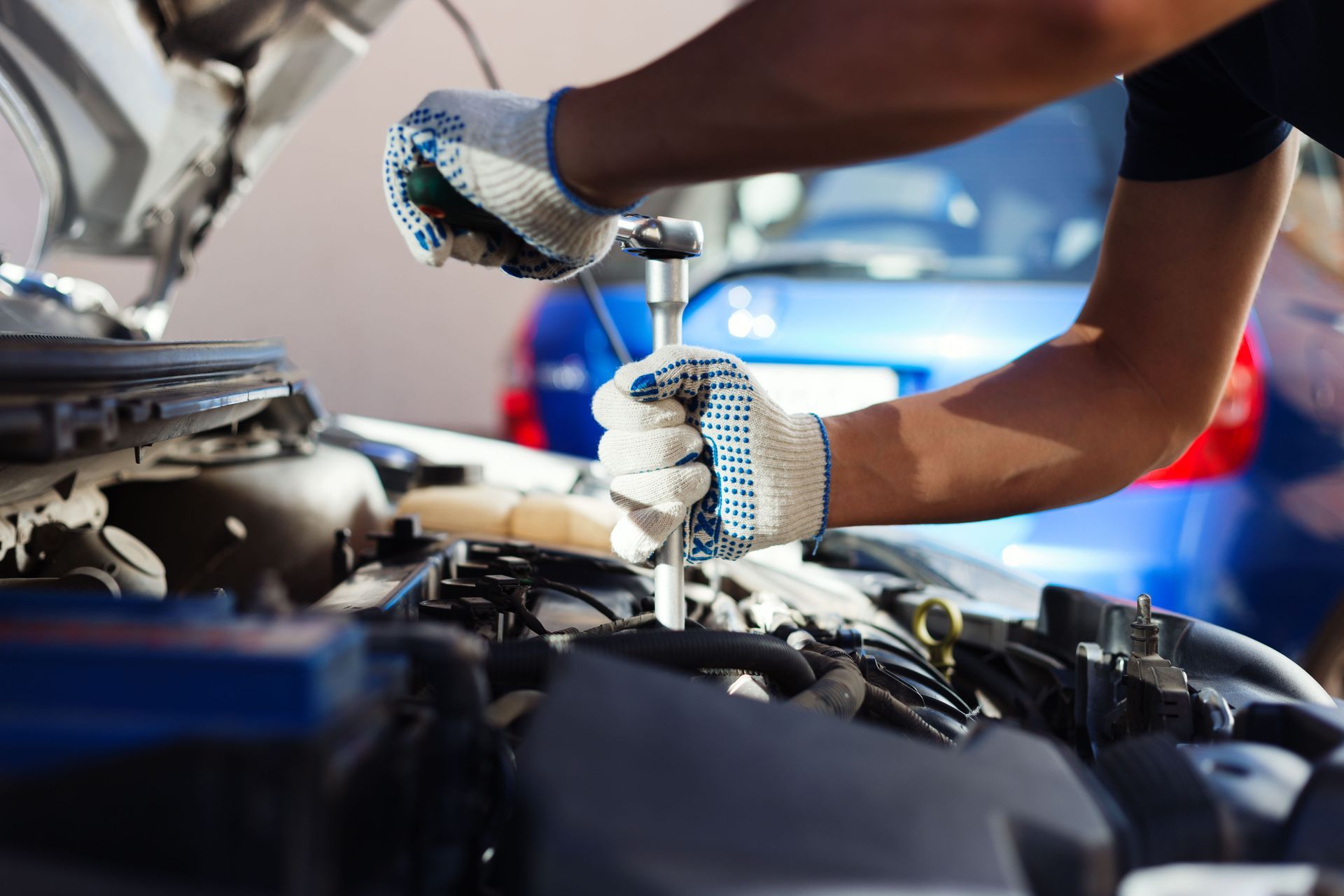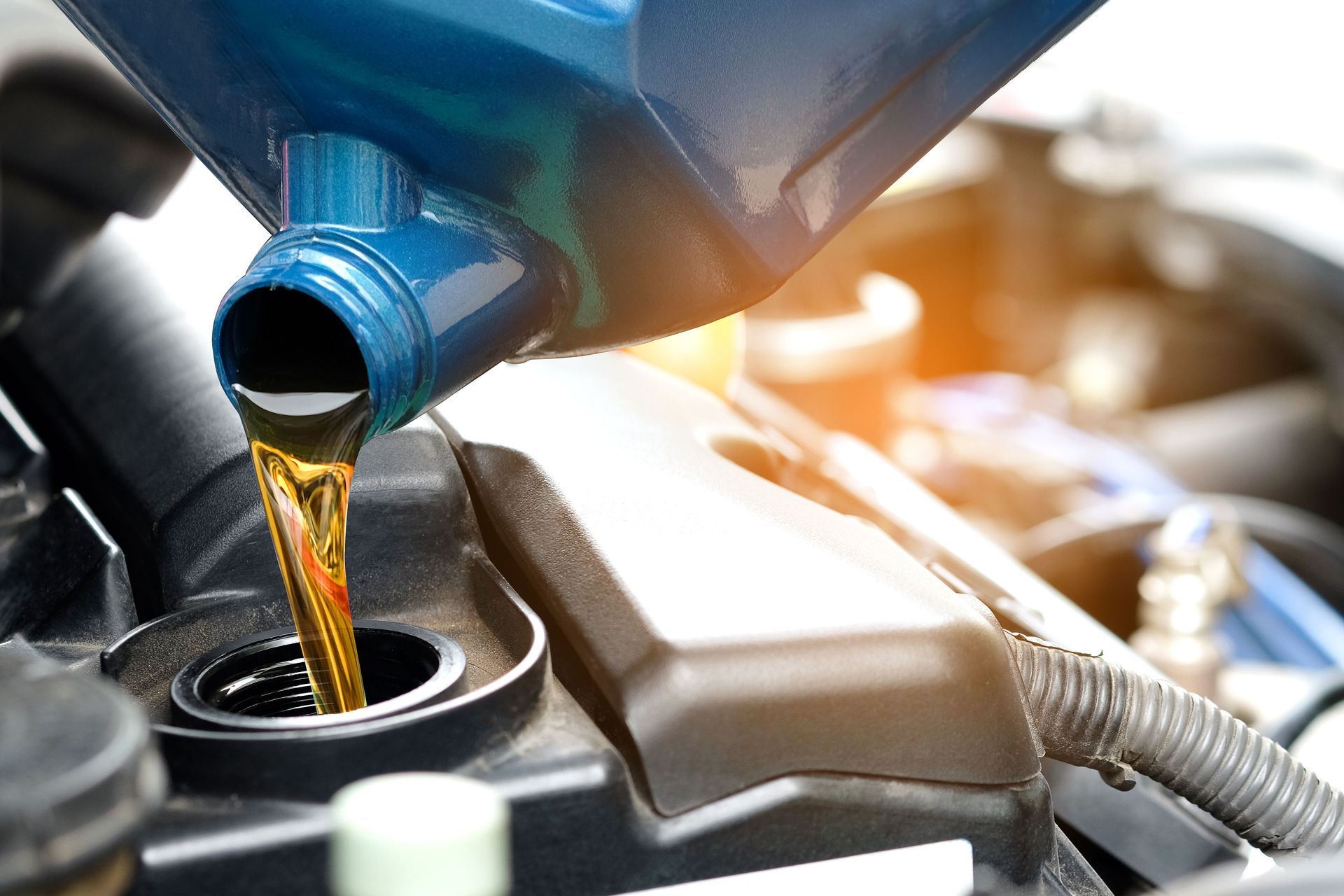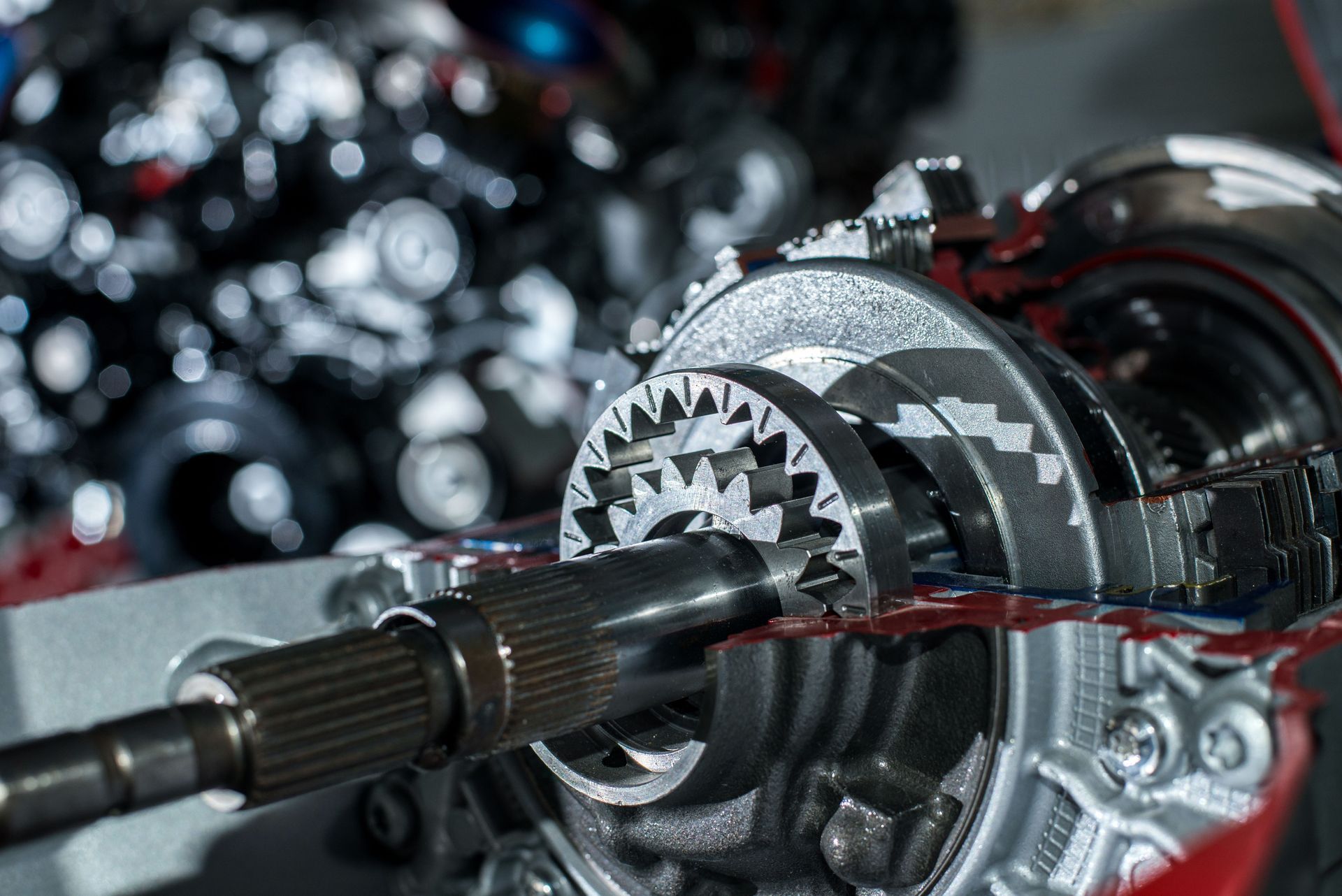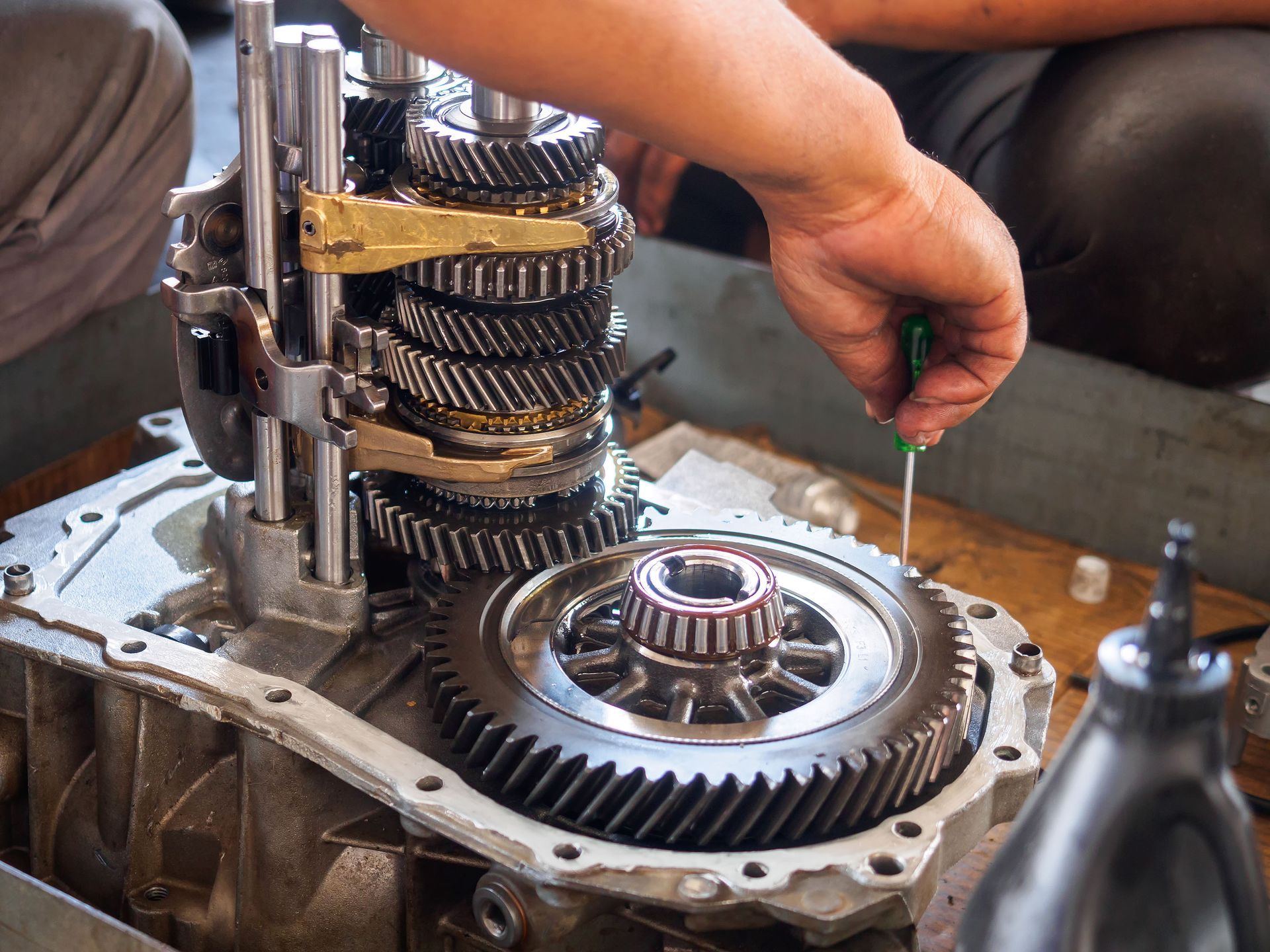3 Common Car Problems That Require Immediate Auto Repair
Owning a car comes with its fair share of responsibilities. While routine maintenance can keep your vehicle running smoothly, some car issues are unavoidable and require immediate attention. In this article, we will explore six common car problems that, if left unaddressed, could lead to significant damage or safety concerns. Regular maintenance checks can help detect these issues early, but understanding them more deeply ensures that car owners are better equipped to deal with problems as they arise. Keeping your car in optimal condition not only prolongs its life but also enhances the safety of its passengers. Partnering with a trusted auto repair professional ensures that these problems are resolved efficiently and effectively.
1. Addressing Engine Overheating
Signs of Overheating
Engine overheating is one of the most common problems car owners face. One telltale sign of an overheating engine is when the temperature gauge moves into the red zone. You might also notice steam billowing from the hood or a ticking noise emanating from the engine, which means it’s running too hot. Further indications include a burning smell or a noticeable decrease in engine performance. Recognizing these signs early can help prevent more serious damage.
Common Causes of Engine Overheating
There are multiple reasons why an engine might overheat. Low coolant levels often contribute, as the coolant is responsible for regulating engine temperature. Another cause is a malfunctioning thermostat, which fails to open and engage the coolant flow. Faulty radiator fans can also exacerbate the problem because they cannot cool the engine effectively. Furthermore, damaged water pumps cannot circulate the coolant throughout the engine, leading to overheating.
Risks Associated with Ignoring an Overheating Engine
Ignoring an overheating engine can lead to catastrophic engine failure. Prolonged exposure to high temperatures can warp engine components, resulting in expensive repairs or replacements. According to Kelley Blue Book, the national average cost of repairs across all car makes and models is $838, illustrating how costly it can be to ignore warning signs. Overheating can also lead to a blown head gasket, which compromises the engine's integrity and performance. Ultimately, it can dramatically shorten the life of your vehicle if not addressed immediately.
Immediate Steps to Take
If you notice your engine overheating, it's crucial to take immediate steps to prevent damage. First, pull over safely and turn off the engine to allow it to cool down. Avoid opening the radiator cap immediately, as the steam can cause severe burns. It's advisable to check coolant levels once the engine has cooled and top them off if necessary. Towing the vehicle to a professional mechanic ensures a thorough diagnosis and repair. Taking these steps can prevent a simple overheating issue from turning into an expensive auto repair.
Preventive Measures and Regular Checks
Regular maintenance and checks can dramatically reduce the risk of engine overheating. Make it a habit to monitor coolant levels and top them off when needed. Ensure that the radiator and hoses remain in good condition and aren't blocked by debris. Periodic professional inspections can catch issues like failing thermostats or water pumps before they become severe. Investing in these preventive measures ensures your vehicle remains in optimal health and significantly reduces the risk of emergency auto repair.
2. Resolving Brake System Malfunctions
Indicators of Brake Issues
Brake system malfunctions can pose serious safety risks and need immediate attention. Common indicators include a squealing noise when applying the brakes. This noise usually means brake pads are worn down. Vibrations felt through the pedal or steering wheel can also signal uneven rotor surfaces or pad issues. Finally, a spongy or soft brake pedal is a sign of potential issues in the brake lines or the master cylinder.
Common Brake Problems and Their Causes
Brake problems often result from wear and tear or lack of regular maintenance. Worn-out brake pads lose their ability to provide friction, thereby reducing braking efficiency. Leaking brake fluid can also hinder the system's ability to generate adequate pressure. Warped rotors from overheating or uneven surfaces prevent effective contact with brake pads. Additionally, damaged brake lines can impede fluid flow, reducing brake pressure.
The Dangers of Delaying Brake Repairs
Delaying brake repairs can result in serious safety hazards. Compromised brake systems fail to provide the stopping power needed in emergencies. According to Kelley Blue Book, ignoring such symptoms can escalate repair costs significantly compared to preventive maintenance. Warped rotors can further damage other components, adding to the repair bills. Ultimately, driving with compromised brakes increases the risk of accidents, endangering driver and passenger safety. Prompt visits to an auto repair shop can keep these issues from becoming severe.
How to Respond to Brake Failures
Responding to brake failure effectively can prevent emergencies from escalating. Remaining calm is crucial to keep the vehicle under control. Downshifting can help slow down the vehicle if brakes fail completely. The emergency brake is another backup system, but it should be engaged gradually to prevent skidding. Finally, pulling over as soon as possible and seeking professional repairs is advisable.
Maintaining Your Brake System
Maintaining your brake system requires regular inspections and timely replacements. Brake pads should be replaced at recommended intervals to ensure optimal performance. Regular fluid checks ensure that there are no leaks or air bubbles in the system. Inspections of rotors and lines can catch early signs of wear and tear. Prioritizing brake system maintenance ensures that the vehicle remains safe for both the driver and passengers.
3. Handling Transmission Troubles
Symptoms of Transmission Problems
Transmission troubles can manifest in a variety of ways. One common symptom is slipping, where the vehicle unexpectedly changes gears or fails to engage into gear. Unusual sounds like grinding or whining when the car is in motion are also indicators. Additionally, delayed response or failure to accelerate smoothly can be signs of transmission issues. Fluid leaks underneath the vehicle further indicate a potential problem.
Understanding the Transmission System
The transmission system is crucial for converting engine power into vehicle movement. It manages gear shifts and ensures that the engine runs within its optimal range. Automatic transmissions use fluid for seamless operations, while manuals involve clutch mechanisms for gear shifts. Both systems require regular maintenance to prevent issues. Understanding the core components helps in recognizing potential signs of trouble early.
Consequences of Ignoring Transmission Issues
Ignoring transmission issues can lead to severe damage and costly repairs. Unaddressed transmission problems might result in complete transmission failure, which often necessitates a rebuild or replacement. According to Kelley Blue Book, the cost of repairing complex systems like transmissions can escalate quickly without timely intervention. Moreover, transmission failures compromise the vehicle's ability to move, posing safety risks on busy roads. Timely repairs are crucial for maintaining vehicle reliability.
Finding the Right Repair Solutions
Finding the right solutions for transmission issues involves identifying the problem's root cause. Diagnostic scans can provide insights into specific fault codes indicating transmission issues. Visiting certified repair shops ensures that professionals with expertise handle the repairs. Some issues might require a full rebuild, while others need simple adjustments or fluid changes. Selecting the proper course of action based on professional diagnostics ensures effective repairs from a skilled auto repair technician.
Immediate attention to car problems can make a significant difference in the longevity and safety of your vehicle. From overheating engines to faulty steering systems, understanding these common issues and knowing when to seek professional help are crucial for any responsible car owner. Regular checks and preventive measures not only ensure safety but also save on costly repairs in the long run. Keeping up with consistent vehicle maintenance mitigates the risks associated with delayed repairs. Being proactive in addressing issues early on ensures both a safer driving experience and enhanced vehicle performance. If you need quality auto repair services, make sure to contact TransMatics Transmissions today!





Share On: